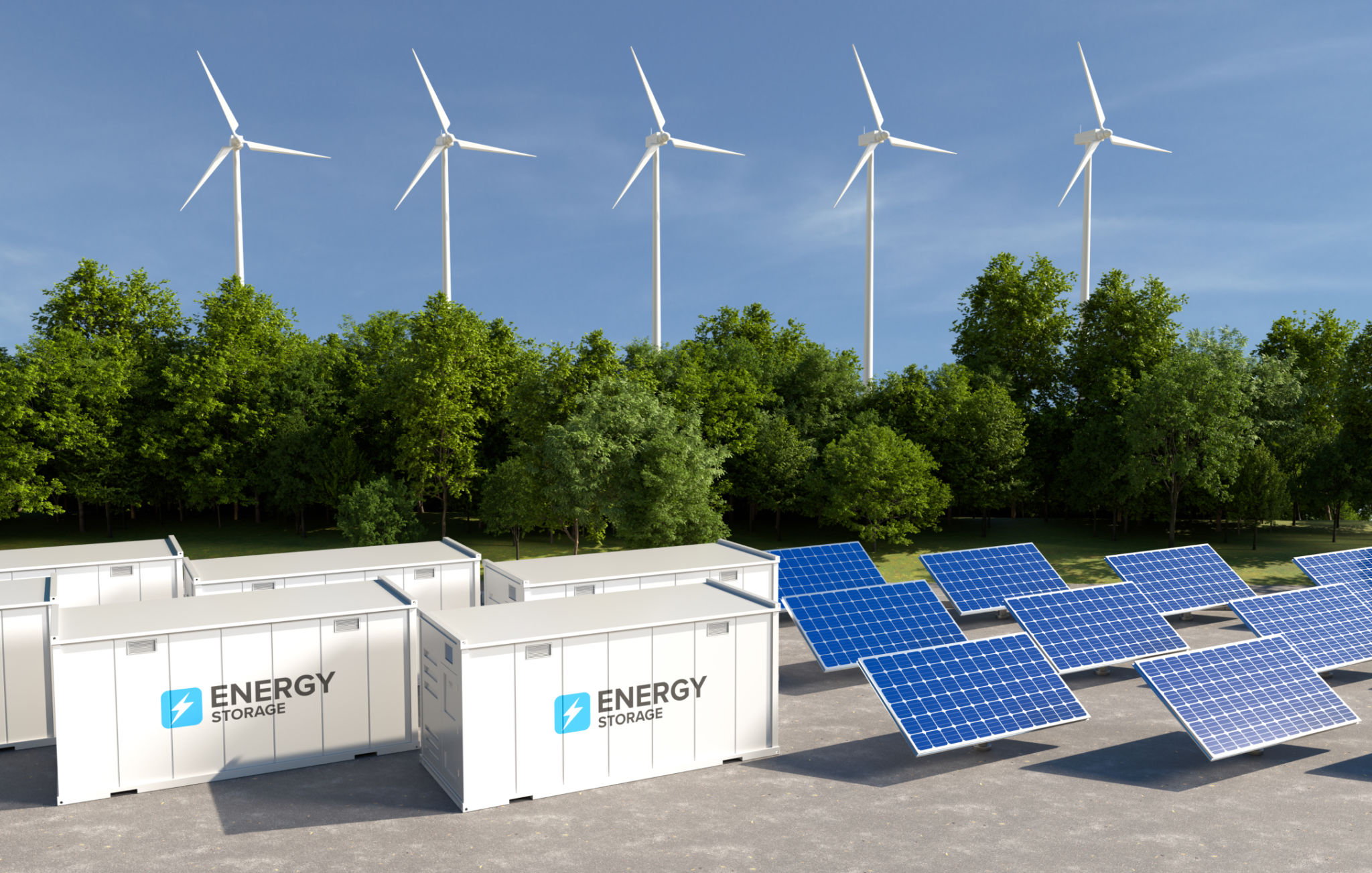The Comprehensive Guide to Biomass Wood Pellets: Benefits and Uses
Understanding Biomass Wood Pellets
Biomass wood pellets are a sustainable and renewable energy source made from compressed organic materials, primarily sawdust and wood shavings. These small, cylindrical pellets are an increasingly popular alternative to fossil fuels due to their environmental benefits and efficiency. As concerns over climate change and carbon emissions grow, biomass wood pellets offer a viable solution for reducing our carbon footprint.
Unlike traditional firewood, biomass wood pellets have a low moisture content, which allows them to burn more efficiently and produce less smoke. This makes them an excellent choice for heating homes and businesses, as well as generating electricity.

The Benefits of Biomass Wood Pellets
Environmental Advantages
One of the most significant benefits of biomass wood pellets is their positive impact on the environment. By utilizing waste materials from the forestry industry, these pellets help to reduce landfill waste and promote sustainable forestry practices. Additionally, the combustion of biomass wood pellets results in lower carbon emissions compared to fossil fuels, making them an environmentally friendly option.
Economic Benefits
Switching to biomass wood pellets can also have economic advantages. For homeowners and businesses, using pellets for heating can result in cost savings compared to traditional heating oil or propane. Furthermore, the production and use of biomass wood pellets can create jobs in the manufacturing and forestry sectors, contributing to local economies.

Common Uses of Biomass Wood Pellets
Residential Heating
Biomass wood pellets are widely used in residential heating systems. Pellet stoves and boilers are designed to efficiently burn these pellets, providing consistent and cost-effective heat for homes. Many modern pellet stoves come with automatic feeding systems, making them as convenient as traditional heating methods.
Commercial and Industrial Applications
Beyond residential use, biomass wood pellets are also utilized in commercial and industrial settings. They serve as a reliable fuel source for factories, warehouses, and other large-scale facilities. In power generation, biomass wood pellets can be co-fired with coal in power plants to reduce carbon emissions while maintaining energy output.

Considerations When Using Biomass Wood Pellets
While biomass wood pellets offer numerous benefits, there are some considerations to keep in mind. It's important to ensure that your pellet stove or boiler is compatible with the type of pellets you plan to use. Additionally, proper storage is crucial to prevent moisture absorption, which can affect their efficiency.
When purchasing biomass wood pellets, look for those that are certified by organizations such as the Pellet Fuels Institute (PFI) or the ENplus certification program. These certifications ensure that the pellets meet specific quality standards for performance and emissions.

The Future of Biomass Wood Pellets
As technology advances and environmental concerns continue to rise, the demand for biomass wood pellets is expected to grow. Innovations in pellet production and stove design are making it easier and more efficient for consumers to adopt this renewable energy source. By choosing biomass wood pellets, individuals and businesses can contribute to a more sustainable future.
In conclusion, biomass wood pellets offer a reliable, eco-friendly alternative to traditional fossil fuels. With their numerous benefits and versatility in use, they are poised to play a significant role in the transition to renewable energy sources worldwide.